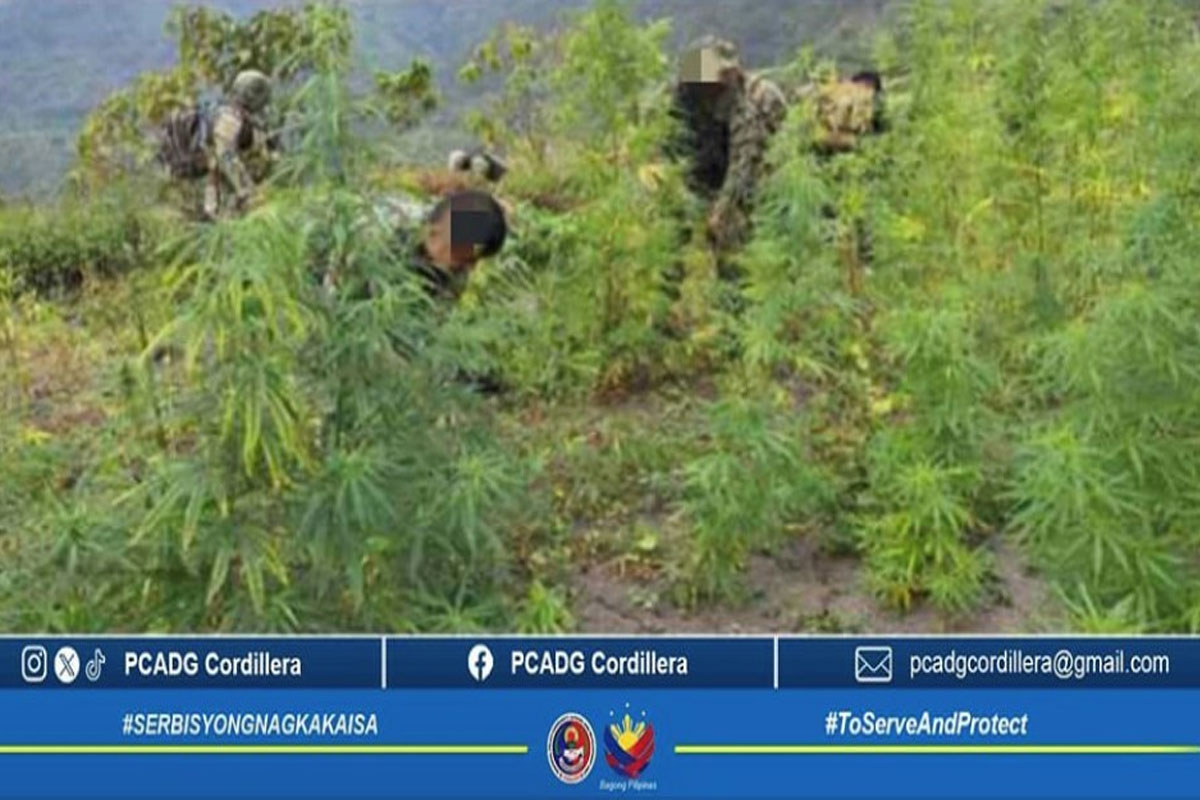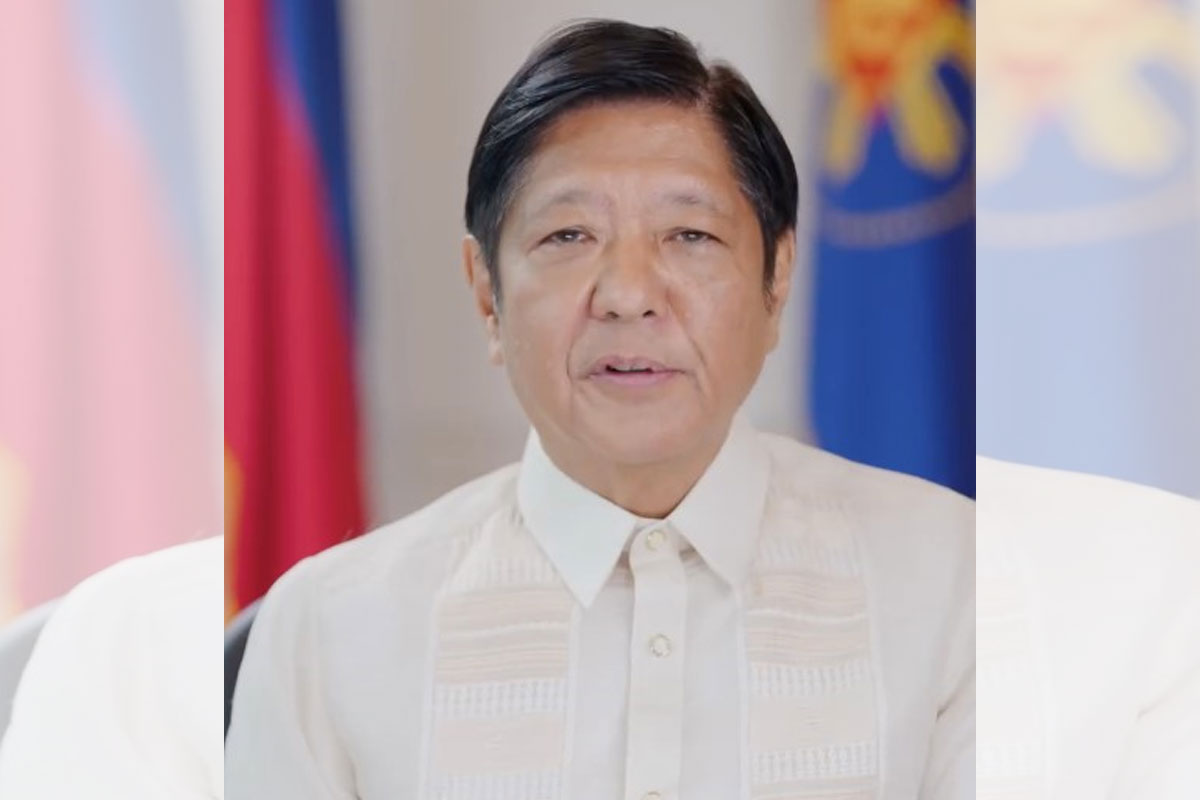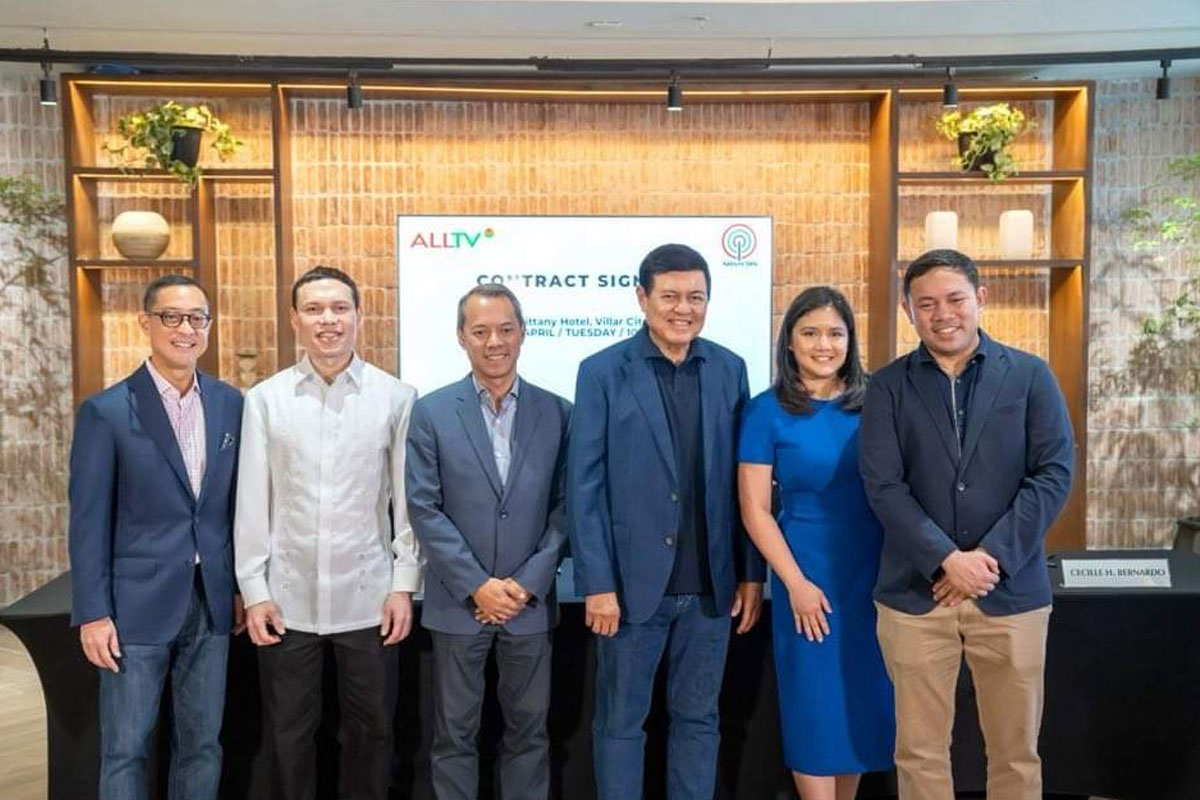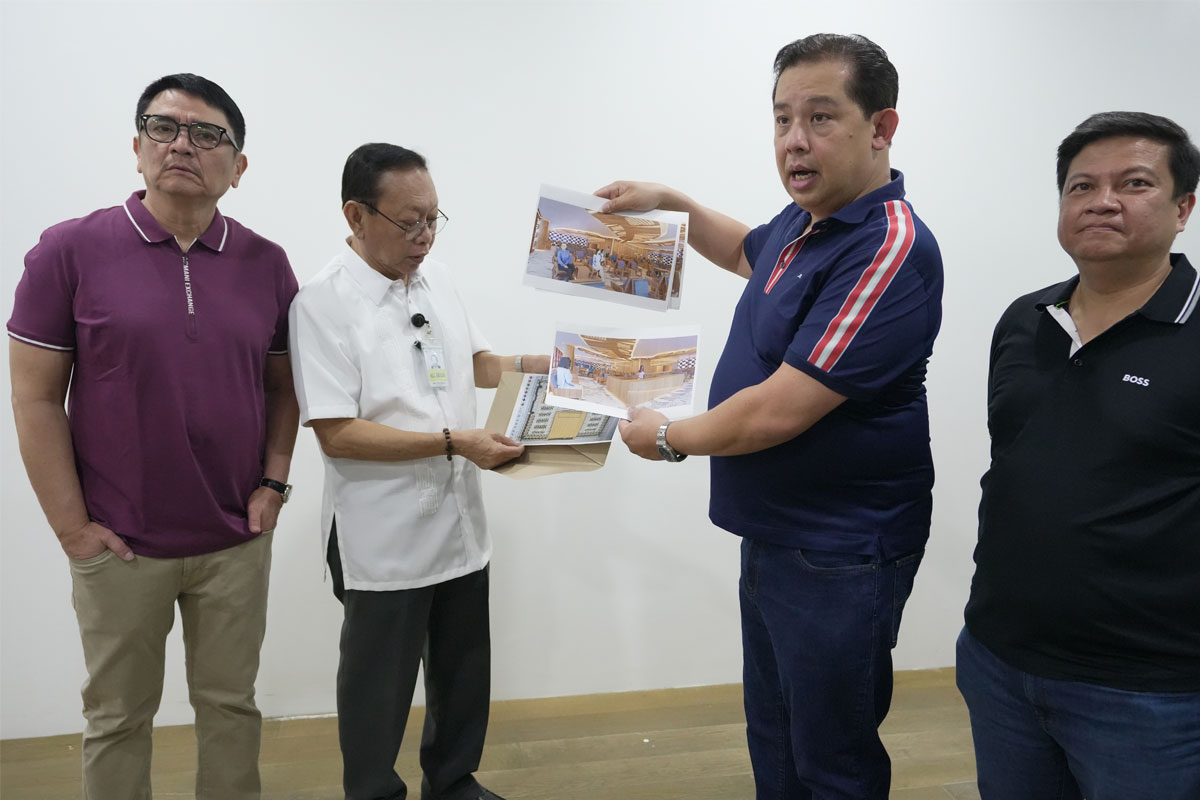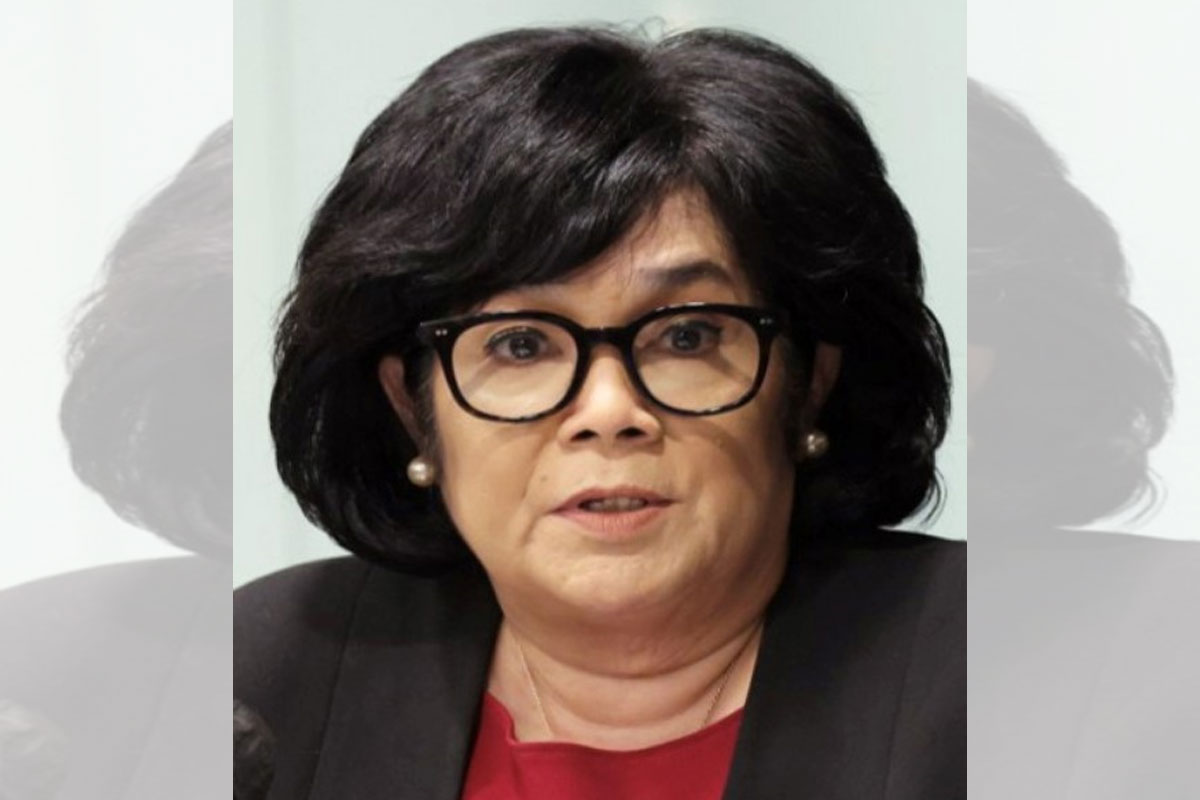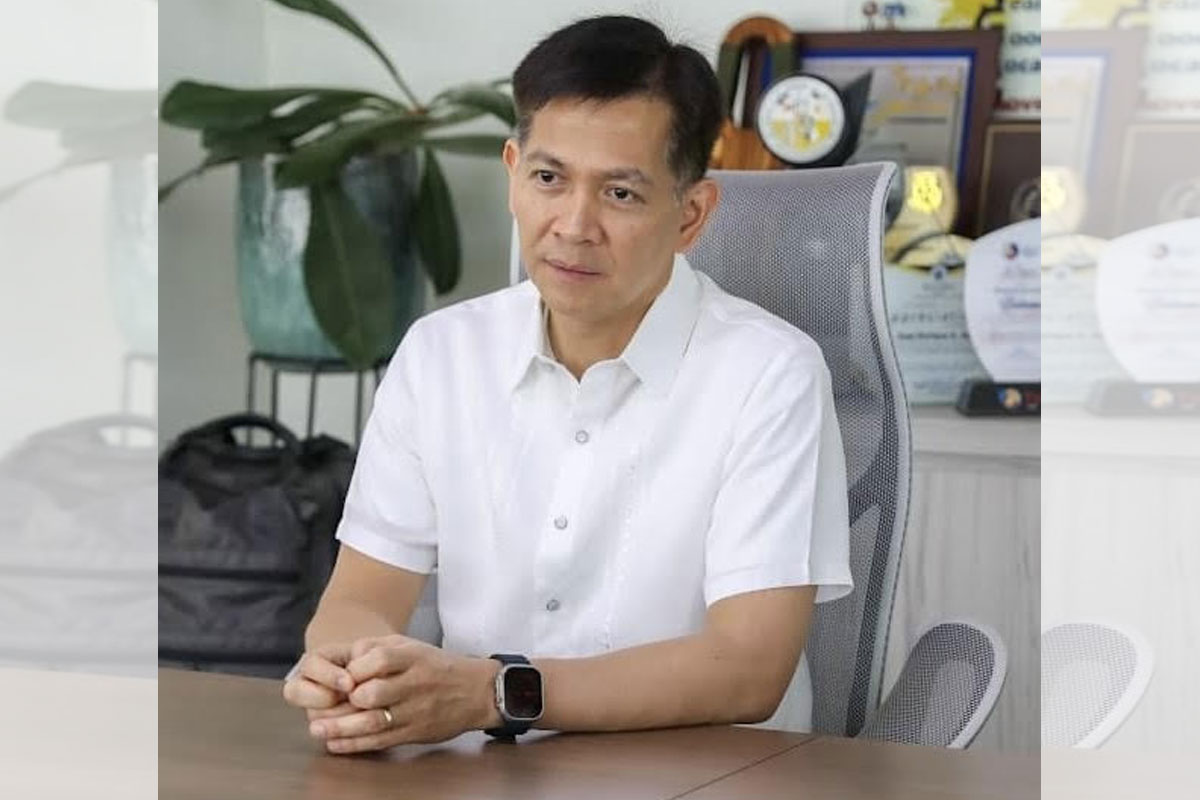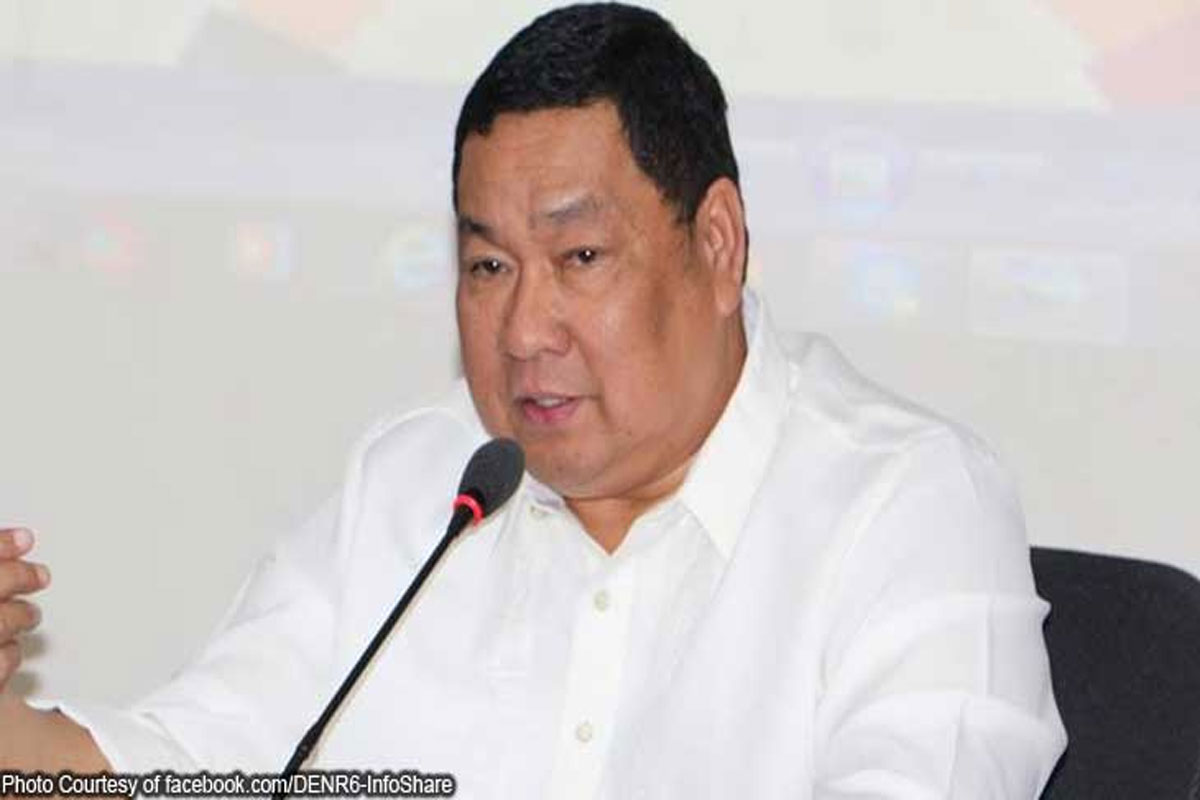
UNODC, US INL boost drive vs wildlife, forest crime
THE United Nations Office of Drugs and Crime (UNODC)-Environment Team, with support from the U.S. Embassy in the Philippines’ Office of International Narcotics and Law Enforcement Affairs (INL) formally launched on Monday the International Consortium on Combating Wildlife and Forest Crime Analytic Toolkit in the Philippines.
Through this project, UNODC will objectively analyze the Philippines’ criminal justice mechanisms and preventive responses for addressing wildlife flora and fauna trafficking in close cooperation with relevant government agencies, such as lead agency Department of Environment and Natural Resources-Biodiversity Management Bureau (DENR-BMB).
“Wildlife trafficking is a serious crime that is already negatively affecting the world, especially Southeast Asia. By illegally taking wildlife from their natural ecosystems and bringing them to cities for commercial purposes, we are exposing our society to risks that might be uncontrollable,” said Acting DENR Secretary Jim Sampulna.
The toolkit, which has been deployed in 12 countries, also helps develop short-, medium-, and long-term recommendations for impactful action and responses to combat wildlife and forest crime.
“DENR serves not only as a stakeholder for this project, but as a champion for change and process improvement that can enhance the criminal justice system. The presence of so many government agencies here reflects the commitment to, prioritization of, and readiness for working together to fully comprehend and provide solutions to mitigate this type of crime,” said INL Director Kelia Cummins.
Nearly 40 senior officials from various Philippine government agencies and nongovernment and international organizations attended the launch, including the National Bureau of Investigation, Bureau of Customs, Philippine National Police-Maritime Group, Palawan Council for Sustainable Development, and the Office of the Special Envoy on Transnational Crime.
This initiative is part of INL’s Php40 million ($800,000), three-year Combating Wildlife and Forest Crime in Southeast Asia project implemented by the UNODC Global Programme for Combating Wildlife and Forest Crime, which supports key agencies in several countries.
Globally, INL works with partner nations to build capacity to combat crimes, including environmental crimes, and helps the global community turn shared international rules into concrete action toward reform and justice. By CRISTINA LEE-PISCO



